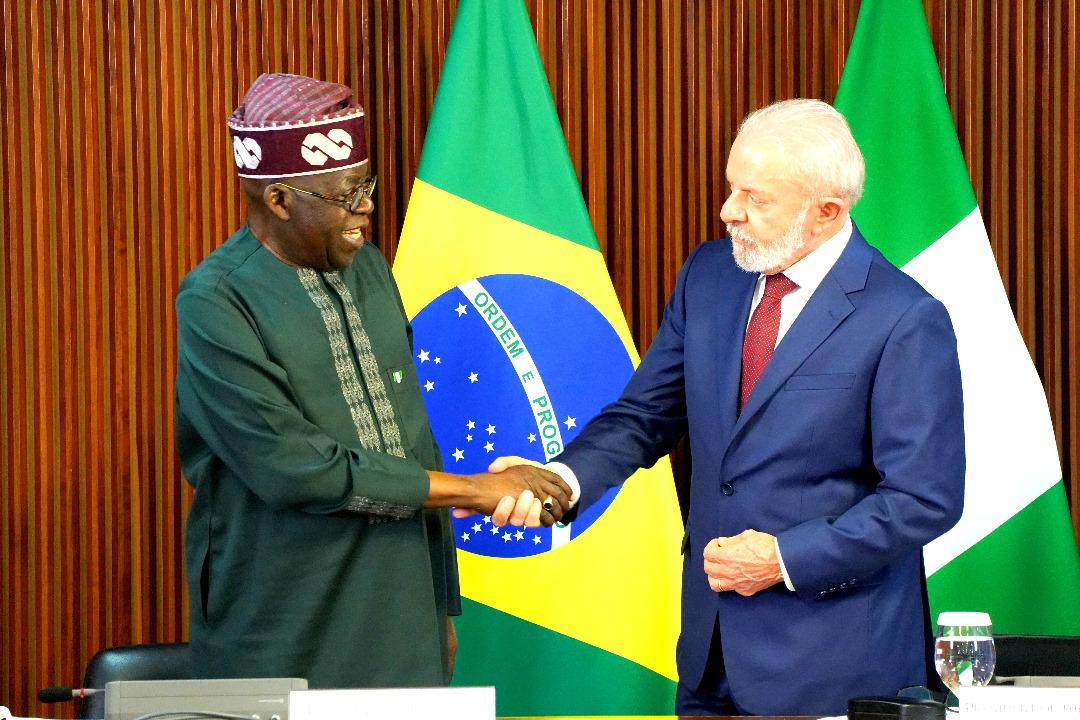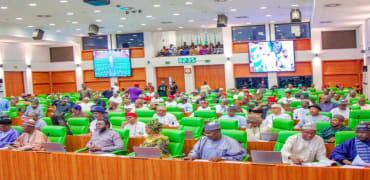President Bola Tinubu’s State Visit to Brazil: Strengthening a Strategic Partnership
President Bola Tinubu’s State Visit to Brazil: Strengthening a Strategic Partnership
By Bashir Ahmad
President Bola Tinubu is currently on a state visit to Brazil, a country that shares several historical, cultural, and economic similarities with Nigeria. This visit marks the third time President Tinubu has set foot in Brazil since assuming office in May 2023, an extraordinary diplomatic frequency that highlights the importance his administration attaches to building and sustaining Nigeria’s partnership with Brazil, the Latin America’s largest economy.
Since assuming office in 2023, President Tinubu has placed a premium on strengthening Nigeria’s global partnerships, and Brazil seems to have emerged as a strategic priority. This visit is another clear demonstration of Tinubu administration’s recognition of Brazil’s significance to Nigeria’s foreign policy, trade and socio-cultural cooperation.
In June this year, the Vice President of Brazil visited Abuja where he held high-level talks with President Tinubu, Vice President and top government officials. That visit laid the groundwork for renewed cooperation, and the current state visit is now cementing agreements in trade, agriculture, energy, education and cultural exchange.
Benefits for Nigeria
For Nigeria, stronger ties with Brazil hold significant benefits. Both countries are leaders in their respective regions, Nigeria in Africa and Brazil in South America, and collaboration between the two could shape new opportunities in global trade and diplomacy. Brazil’s advanced expertise in agriculture, renewable energy, and industrial development aligns with Nigeria’s pressing need for diversification and modernization of its economy. Cultural similarities, including shared experiences of diverse populations, vibrant traditions, and football passion, create a natural bond between the two nations.
Tinubu’s Foreign Policy
President Tinubu deserves commendation for his commitment to Nigeria’s foreign relations, particularly with countries that share much in common with Nigeria. While Nigeria continues to consolidate its partnership with Brazil, attention should also turn to other nations with which Nigeria shares strong commonalities, such as Indonesia and Bangladesh. These countries, like Nigeria, are developing economies with large populations, vibrant cultures, and growing influence in global affairs. Building closer ties with them could prove more beneficial than the decades-long focus on certain traditional partners whose engagements have not always yielded balanced outcomes.
President Tinubu deserves another commendation for recognizing this opportunity and taking decisive steps to actualize it. His Brazil visit is a reminder that Nigeria’s future lies not only in its traditional alliances but also in forging new friendships with countries that can walk hand in hand with it toward a stronger, more prosperous tomorrow.


















